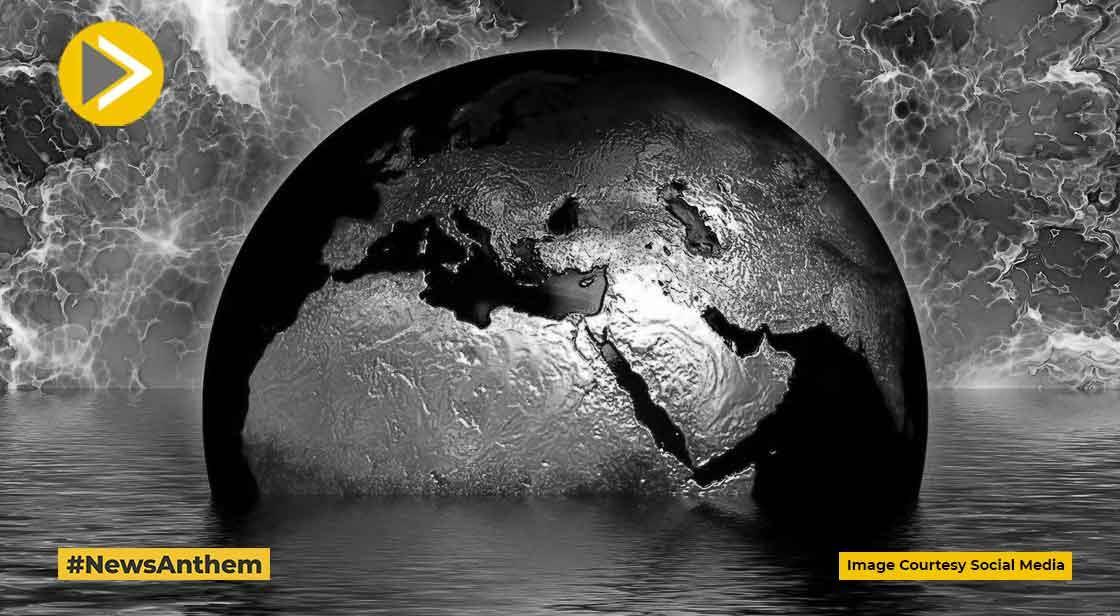COP30 President Highlights the Challenges of Global Climate Summits

News Synopsis
After decades of international climate negotiations, the limitations of large-scale United Nations summits are becoming increasingly evident, according to Andre Correa do Lago, the Brazilian diplomat leading the upcoming COP30 summit. The event, scheduled to take place in Belem, Brazil, in November, will address the challenges of implementing climate agreements in a rapidly changing global landscape.
Climate Agreements: Progress and Challenges
In a letter outlining his presidency’s vision for COP30, Correa do Lago acknowledged both the achievements and shortcomings of past summits. “The Paris Agreement is working, but there is much more to do,” he wrote in the letter released on Monday. While the 2015 Paris Agreement has been a landmark framework for global climate action, concerns persist over the pace and effectiveness of its implementation.
He further emphasized the need for self-assessment among climate negotiators, urging them to “address the outside perception of talks having lingered for over three decades with meagre results.” His statement reflects growing concerns among experts and activists that despite repeated negotiations, substantial progress in mitigating climate change remains slow.
The Need for a New Era in Climate Action
Correa do Lago stressed that a shift is necessary beyond endless negotiations. “We need a new era beyond negotiating talks: we must help put into practice what we have agreed,” he stated. While United Nations climate conferences serve as crucial platforms for discussion, they lack the authority to enforce decisions or ensure that commitments translate into tangible actions.
At a press conference, he acknowledged that the United Nations Framework Convention on Climate Change (UNFCCC) remains the best existing platform for global climate negotiations. However, he pointed out its inherent limitations, particularly its lack of direct authority over nations and institutions responsible for implementing climate policies.
Global Setbacks Hampering Climate Progress
The slow progress in climate action has been further hindered by geopolitical and economic factors. Correa do Lago highlighted key setbacks, including:
-
The United States' withdrawal from the Paris Agreement under President Donald Trump, which temporarily stalled international climate efforts.
-
The ongoing Russia-Ukraine war, which has forced European nations to redirect financial resources toward defense spending instead of climate solutions.
These factors have made it increasingly difficult to secure the funding and political commitment necessary to combat climate change effectively.
Expanding Climate Discussions Beyond COP Summits
In response to these challenges, Brazil aims to broaden the climate conversation beyond COP summits. Correa do Lago suggested that other major international platforms should also be leveraged to push for stronger climate action. “Brazil will encourage countries to use other gatherings of world leaders, such as the G20 and the International Monetary Fund meetings, to push for action on global warming,” he stated.
Additionally, Brazil seeks to amplify the voices of civil society groups and Indigenous communities, recognizing their crucial role in climate advocacy and sustainable practices.
Upcoming High-Level Climate Meetings
As part of the build-up to COP30, Correa do Lago announced plans to host two international meetings with global leaders before the summit. These meetings aim to address the urgent need for stronger commitments from nations to cut greenhouse gas emissions.
Notably, despite the deadline for submitting new emissions reduction pledges being in February, only 13 countries have complied so far. This shortfall underscores the slow pace of international climate commitments.
Conclusion
With COP30 set to take place in Belem, Brazil, there is growing recognition that traditional climate summits alone are not enough to drive meaningful action. Correa do Lago’s leadership signals a push for more inclusive and action-oriented discussions, extending climate dialogue to global financial and economic forums. As the world grapples with climate-related disasters and mounting environmental challenges, the success of COP30 will depend not just on negotiations but on real-world implementation and accountability.
You May Like









